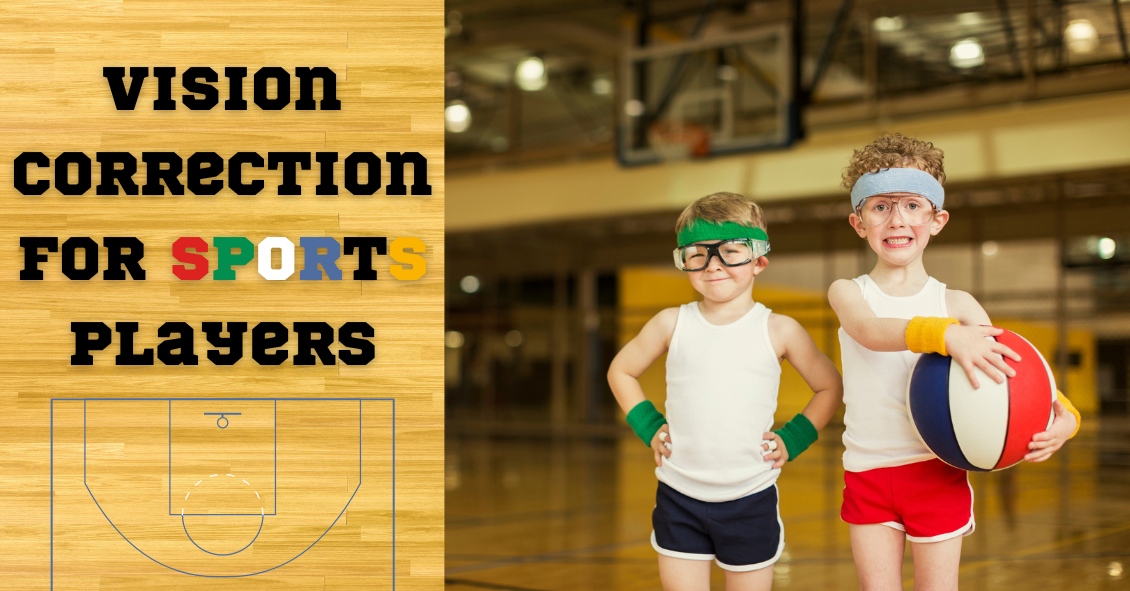
An old Creek Indian proverb states, "We warm our hands by the fires we did not build, we drink the water from the wells we did not dig, we eat the fruit of the trees we did not plant, and we stand on the shoulders of giants who have gone before us."
In 1961, the Eye Bank Association of America (EBAA) was formed. This association stewards over 80 eye banks in the US with over 60,000 recipients each year of corneal tissue that restores sight to blind people. Over one million men, women, and children have had vision restored and pain relieved from eye injury or disease. The Eye Bank Association of America is truly a giant whom shoulders that we stand upon today. Their service and foresight into helping patients with blindness is remarkable.
It is important to give back the gift of sight. You may be asking, “How does this affect me?” On the back of your drivers license form there is a box that can be checked for being an organ donor. Many people forego this option because they are not educated on the benefits of it. There are many eye diseases that rob people of sight because of an opacity, pain, or disease process of the cornea. Keratoconus, a disease that causes malformation of the curvature of the cornea, can be treated by a corneal transplant. Chemical burns that cause scarring on the cornea leave people blinded or partially blind. This is another condition that requires a corneal transplant.
When it comes to corneal tissue, virtually everyone is a universal donor, because the cornea is not dependent on blood type. Corneal transplant surgery has a 95% success rate. According to a recent study by EBAA, eye disorders are the 5th costliest to the US economy behind heart disease, cancer, emotional disorders, and pulmonary disease. The cost is incurred when the person, for example, is a working age adult and can no longer hold a job because of vision issues. The gift of a corneal transplant can be one way to restore not only their vision, but their way of life, and their contribution to society.
By becoming a donor, or educating others to consider being an organ donor, you can give the gift of sight to someone on a waiting list. When you educate others to give the precious gift of sight, you become a giant whose shoulders others can stand on. Become a donor today.
For more information go to www.restoresight.org or contact your local drivers license office.
This blog provides general information and discussion about eye health and related subjects. The words and other content provided in this blog, and in any linked materials, are not intended and should not be construed as medical advice. If the reader or any other person has a medical concern, he or she should consult with an appropriately licensed physician. The content of this blog cannot be reproduced or duplicated without the express written consent of Eye IQ.
 There are many options available to adults and children for corrective lenses (glasses and contacts) when engaged in phys...
There are many options available to adults and children for corrective lenses (glasses and contacts) when engaged in phys...


